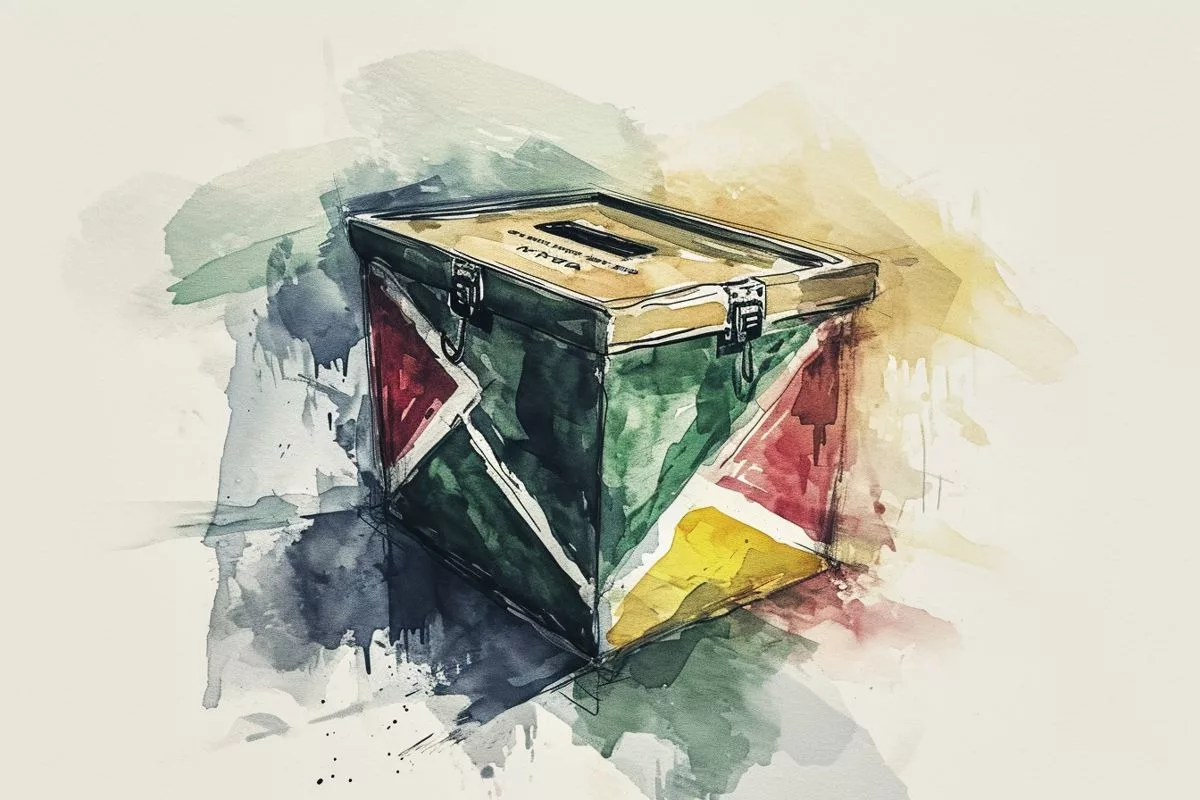South Africa is gearing up for its 2024 General Elections, with the Independent Electoral Commission (IEC) working tirelessly to ensure fair and transparent elections. Meanwhile, worldwide electoral perspectives show the importance of financial transparency and democratic ideals, with Cyprus’s compulsory voting system and proportional representation and the EU’s adherence to common standards for free and fair elections. The IEC’s role extends beyond logistical operations, as it serves as a guardian of hope for South Africa’s progress and inclusivity, resonating with the universal pursuit of representative governance.
As the 2024 General Elections approach, South Africa’s bustling metropolis, Cape Town, and the rest of the country, are busy preparing for a crucial moment in the nation’s democratic history. The Independent Electoral Commission (IEC) is working tirelessly to ensure that voter registration systems are ready to begin in just three days. The IEC’s dedication to inclusivity and representative democracy guarantees that the electoral process will be fair and transparent.
A Look at Worldwide Electoral Perspectives
While South Africa prepares for its upcoming elections, it’s worth taking a broader look at the global landscape of electoral systems and supervision. Cyprus, for example, is known for its compulsory voting system and proportional representation, which ensures fair parliamentary representation and democratic vitality. Membership in the European Union (EU) since 2004 has further solidified Cyprus’s democratic integrity through adherence to common standards for free, fair elections and participatory initiatives such as the European Citizens’ Initiative.
In contrast, the IEC of South Africa operates as an independent entity, taking on significant responsibility for orchestrating transparent and fair elections. As with the EU, South Africa’s IEC values democracy, aligning itself with these principles and reflecting a global commitment to democracy.
The IEC’s Role in Election Funding and Integrity
Just as the EU’s OLAF ensures financial transparency during elections, discussions surrounding election funding and integrity are also crucial in South Africa. The IEC’s core function is to ensure accurate and fair representation of the people’s will, setting the stage for stable governance.
The Excitement Builds for the 2024 General Elections
As South Africa prepares for its upcoming elections, the world is watching. The excitement for the 2024 General Election is palpable, particularly in the active and vibrant Twitterverse, where citizens express their hopes and apprehensions.
The IEC’s mission goes beyond mere logistical operations; it acts as a guardian of hope for a society eager for progress and inclusivity. With its sights set on a successful voter registration launch, the IEC is poised to facilitate a crucial moment in South Africa’s democratic history, resonating with the broader international conversation on electoral excellence.
South Africa’s Democratic Ideals and International Pursuit of Representative Governance
As Cape Town’s citizens prepare to cast their votes, the city reflects the communal spirit of democratic involvement, mirroring the wider European sentiment of electoral participation and transparency. The IEC’s readiness reassures every South African that their voice has the opportunity to contribute to the democratic expression.
The excitement mounts as the IEC’s comprehensive preparations aim to uphold South Africa’s democratic ideals. Insights from Cyprus’s and the EU’s democratic practices provide a glimpse into the universal pursuit of representative governance. The 2024 General Elections represent more than just a local event; they serve as a testament to the worldwide effort for democracy – a venture where each vote contributes to the grand composition of liberty.
1. What is the Independent Electoral Commission (IEC)?
The Independent Electoral Commission (IEC) is responsible for ensuring fair and transparent elections in South Africa. It serves as a guardian of hope for South Africa’s progress and inclusivity, resonating with the universal pursuit of representative governance.
2. How does South Africa’s electoral system compare to other countries?
South Africa’s IEC operates as an independent entity, similar to other countries such as Cyprus and the EU, that value democracy and align themselves with the principles of free and fair elections. Cyprus is known for its compulsory voting system and proportional representation, while the EU adheres to common standards for free and fair elections.
3. What is the IEC’s role in election funding and integrity?
The IEC’s core function is to ensure accurate and fair representation of the people’s will, which includes ensuring financial transparency during elections. Discussions surrounding election funding and integrity are crucial in South Africa.
4. How is the excitement building for the 2024 General Elections in South Africa?
As the 2024 General Elections approach, the excitement for the event is palpable, particularly in the active and vibrant Twitterverse, where citizens express their hopes and apprehensions. The IEC’s comprehensive preparations aim to uphold South Africa’s democratic ideals and reassure citizens that their voice has the opportunity to contribute to the democratic expression.
5. What is the international pursuit of representative governance?
The international pursuit of representative governance is a universal effort for democracy, where each vote contributes to the grand composition of liberty. South Africa’s democratic ideals and preparations for the 2024 General Elections reflect this wider sentiment of electoral participation and transparency, along with other countries such as Cyprus and the EU.












